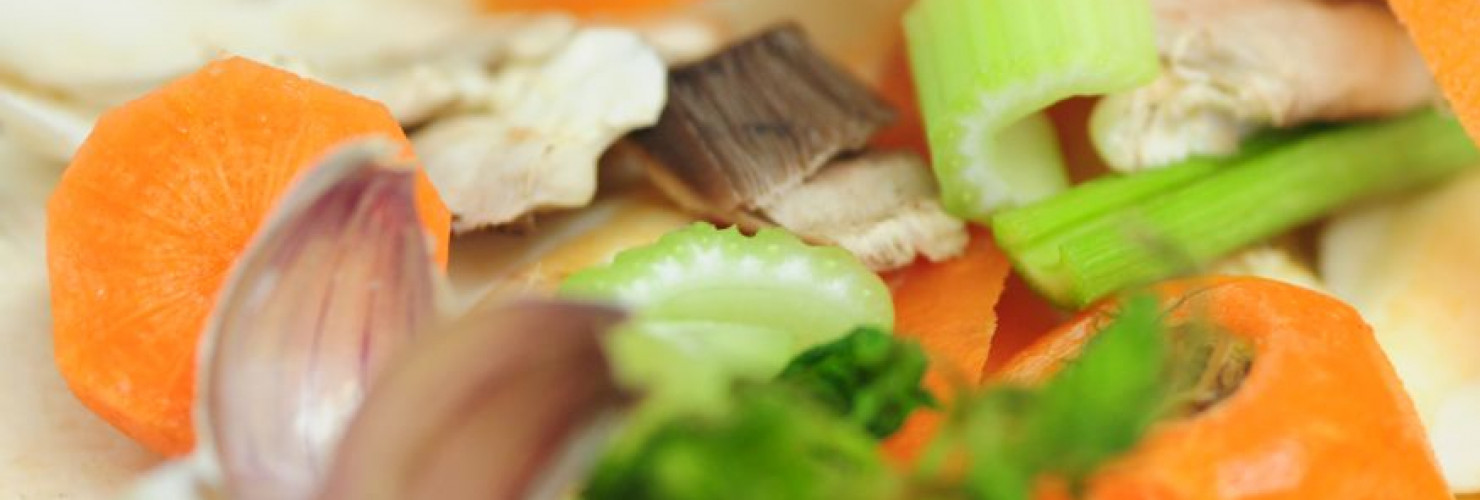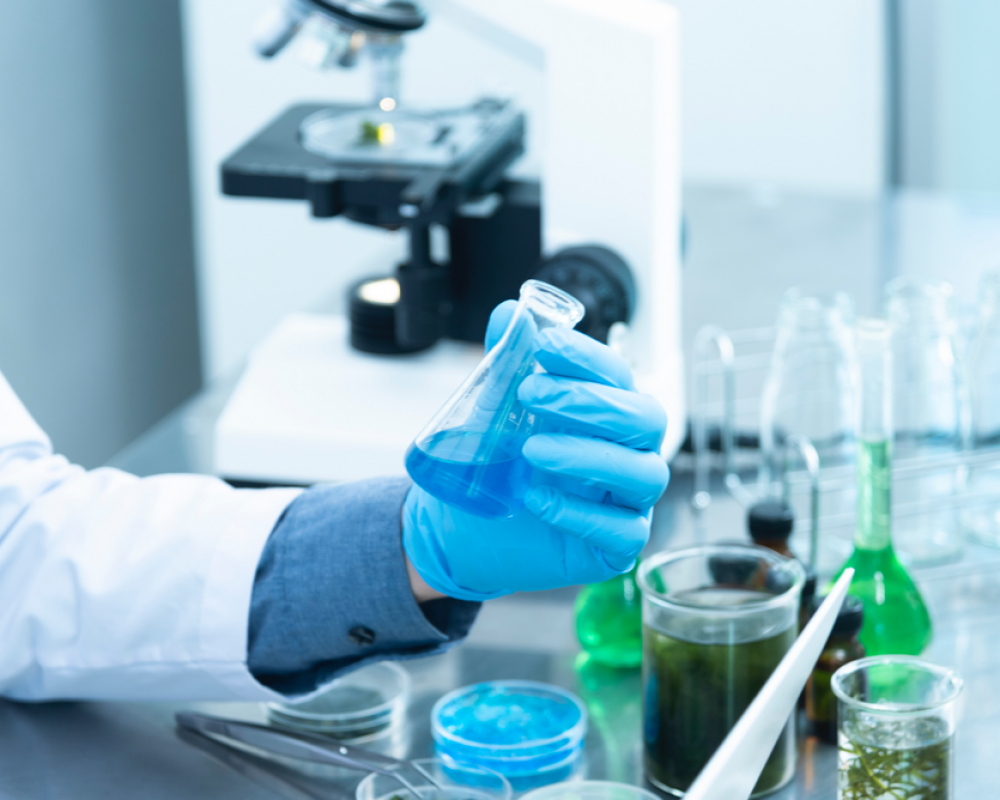
Recycling compost liquor into organic plant feed
In the UK alone, an estimated 10 million tonnes of food and drink are wasted annually, of which domestic food waste accounts for 70%. This is equivalent to 156 kg per person and it costs the average family £700 in food not consumed each year. The food wasted by UK households carries a significant carbon footprint leading to the emission of greenhouse gases from landfill. The UK Government is committed to prevent and reduce food waste generation in the first place and eliminate food waste to landfill by 2030. However, there is still a significant amount of inedible food waste that requires treatment through waste processing systems including recycling, anaerobic digestion and composting1.
Valorising food waste
Plate2Plate Compost is a Leeds-based company that offers the city’s residents the service of collecting their domestic food waste to produce valuable and nutrient-rich compost materials.
Plate2Plate Compost uses multiple in-vessel-composting (IVC) systems to convert the food waste into compost material. As a by-product of this process, several thousand litres of liquor are produced annually from their IVCs. The company’s business model is based on circular economy principles in which materials and products are recycled and repurposed. Therefore, the owners were interested in investigating if this waste liquor could find alternative use as a liquid plant growth enhancer.
The company was offered support from the Bioeconomy Growth Programme to investigate the properties of the liquor and its microbial load. The laboratory-based project was conducted by the Bioscience Innovation Team using analytical and microbiology facilities at the BDC.
Rosie Nolan who lead the project explained the project’s scope: A number of analytical and microbiological techniques were applied within the project in order to help guide the client in deciding the product’s potential. Compositional analysis of the liquor helped us to assess its suitability as a liquid plant fertiliser. Microbiological analysis enabled us to investigate the suitability of methods, such as pasteurisation, for reducing the microbial load and thus the potential for spoilage.
The analysis showed that the liquor is rich in nutrients such as available nitrogen, phosphorus and potassium in addition to a range of micronutrients that will support the healthy growth of plants especially, ericaceous / acid-loving plants (e.g. rhododendrons, hydrangea, azalea). The BDC also investigated spoilage of the liquor due to microbial growth and the best routes to prevent it. The project showed that the composting by-product can be used as a general-purpose plant feed which offers Plate2Plate Compost the possibility to develop a new product and reduce their waste production.
Mark Warner the founder and owner of the Plate2Plate Compost said: I set up Plate 2 Plate compost for two reasons. Firstly, our council does not offer food waste collections to Leeds residents and secondly, because of a report from the Soil Association stating that soil health is rapidly declining in the UK due to agro-chemical and intensive farming methods that have lead to a loss of nutrients and Soil Organic Matter. I firmly believe that nature provides everything we need, and I want our products to be derived from natural resources. However, it is hugely important to have the scientific evidence backing the belief and the support from Rosie and the Bioscience Innovation Team has been invaluable. It is great news that the liquor from our IVC’s has the nutrients needed to be a liquid plant feed and her report is a great first step to turning the liquor into a saleable product.
View the Soil Association's report, Seven Ways to Save Our Soils
References:
- Resources and waste strategy for England, DEFRA and EA (2018) https://www.gov.uk/government/publications/resources-and-waste-strategy-for-england
10m tonnes of food waste in UK annually
156kg of food waste per person in UK annually
£700 of food waste not consumed per UK family annually
Note to editors:
This project has received funding from the England European Regional Development Fund as part of the European Structural and Investment Funds Growth Programme 2014-2020
The York, North Yorkshire and East Riding (YNYER) LEP awarded a grant of £1M to the BDC as part of the Local Growth Fund (LGF) support which funded the equipment used to carry out this project. For more information visit: https://www.businessinspiredgrowth.com/funding/local-growth-fund/
